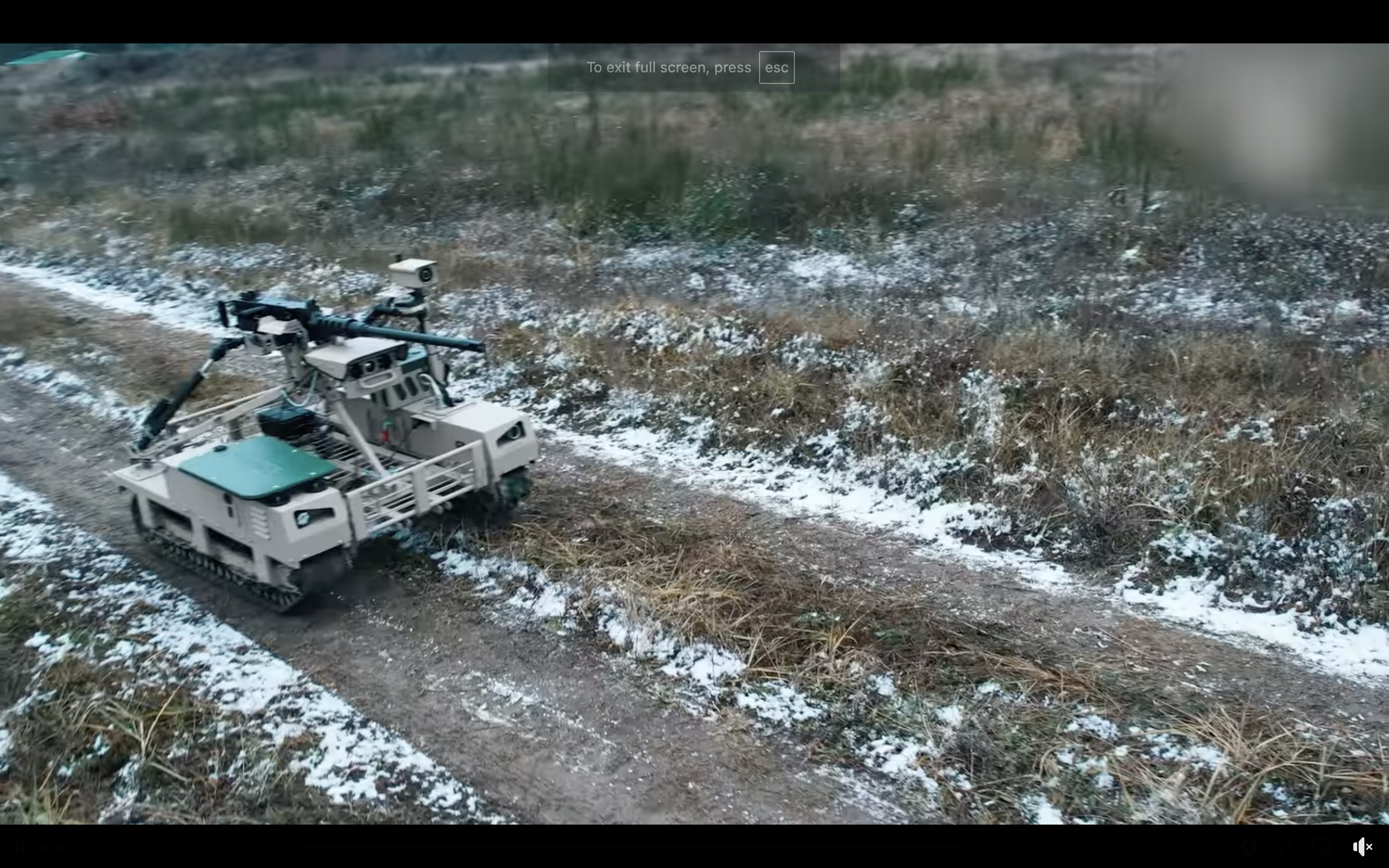Ukrainian President Volodymyr Zelensky on Sunday marked the 83rd anniversary of a Nazi massacre of more than 30,000 Jewish people at the Babyn Yar ravine near Kyiv in 1941.
It was the largest massacre by the Germans and their local collaborators of Jewish people in Ukraine during World War II.
JOIN US ON TELEGRAM
Follow our coverage of the war on the @Kyivpost_official.
"Babyn Yar is a terrifying symbol, showing that the most heinous crimes occur when the world chooses to ignore, remain silent, stay indifferent, and lacks the determination to stand up against evil," Zelensky, who is himself Jewish, said on social media site X.
According to official figures, between 100,000 and 150,000 people -- including Jewish people, Roma people, Soviet prisoners of war and other Ukrainians -- were killed at Babyn Yar between 1941 and 1942, during the Nazi occupation of Ukraine.
"Babyn Yar is vivid proof of the atrocities that regimes are capable of when led by leaders who rely on intimidation and violence," added Zelensky, in what appeared to be a reference to Russian President Vladimir Putin, who in February 2022 ordered the invasion of Ukraine.
"At any time, they are no different. But the world's response should be different. This is the lesson the world should have learned."
Tens of thousands of soldiers and civilians on both sides have died in the current war, with millions of Ukrainians also fleeing into exile.
The Holocaust decimated the Jewish community in Ukraine, which during World War II was part of the Soviet Union.

Europe, Not the US, Is Ukraine’s Most Important Source of Support by a Substantial Margin
It was not the first massacre of Jewish people in Ukraine's history, which had seen previous anti-Semitic pogroms.
The Babyn Yar site has a monument erected by Soviet authorities in 1976 commemorating "Soviet citizens and prisoners of war" killed in the massacre, with no specific mention of Jewish victims.
You can also highlight the text and press Ctrl + Enter






